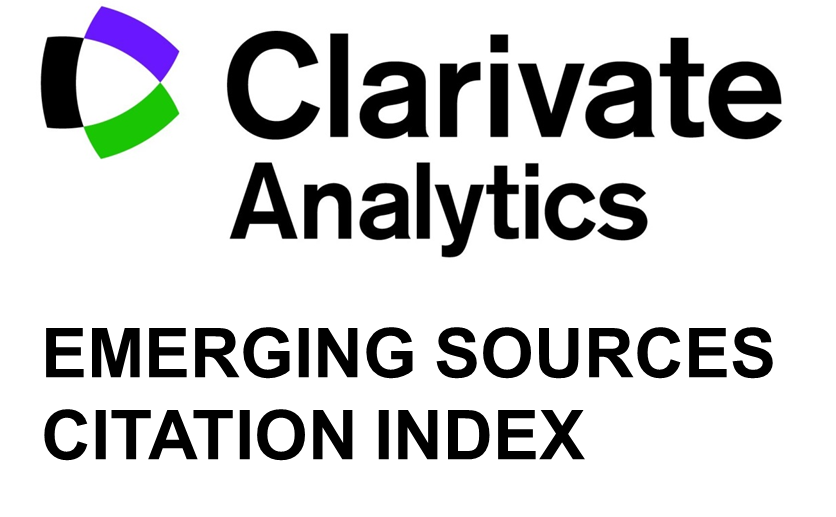Investigating critical factors influencing the acceptance of e-learning during COVID-19
DOI:
https://doi.org/10.5937/StraMan2200019NAbstract
Background: In order to prevent the spread of the Covid-19 virus, a temporary interruption of teaching and educational activities in classrooms occurred. Most schools and faculties were forced to switch from traditional to online teaching.
Purpose: This research aims to examine the key factors influencing students’ intention to use e-learning, as well as predictors of student satisfaction with online teaching during the Covid-19 pandemic.
Study design/methodology/approach: The analysis includes 312 students on the territory of the Republic of Serbia who use e-learning. Reliability analysis, confirmatory factor analysis and structural equations modeling are applied in the paper.
Findings/conclusions: It is found that course design significantly affects perceived usefulness, perceived ease of use and quality of e-learning, and perceived usefulness and quality of e-learning are the main drivers of student satisfaction. Then, perceived usefulness, perceived ease of use and satisfaction with online teaching are important predictors of the attitude towards the use of e-learning, and attitude is an important driver of the intention to use e-learning. The results of the research and the implications derived from them can be helpful to educational institutions in creating, introducing and implementing e-learning, as well as increasing student satisfaction with online teaching during the pandemic.
Limitations/future research: The limitation of the research stems from the selection of the sample (students). In addition, the research was conducted on the territory of Serbia, so the results cannot be generalized. Third, the possible bias of the respondents in giving answers can lead to wrong conclusions. The recommendation for future research is to examine the attitudes of professors who use e-learning, in addition to students. Another recommendation is to do a segment analysis (by gender, year of study) in order to develop specific strategies for each segment. Another suggestion is to compare students’ opinions on e-learning and traditional ways of learning.
Downloads
Published
Issue
Section
License
Copyright (c) 2022 Ivana Nedeljković, Dragana Rejman Petrović

This work is licensed under a Creative Commons Attribution 4.0 International License.














